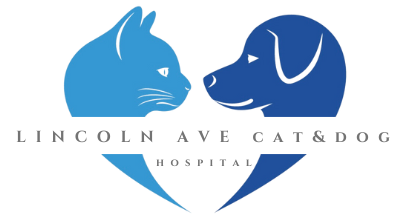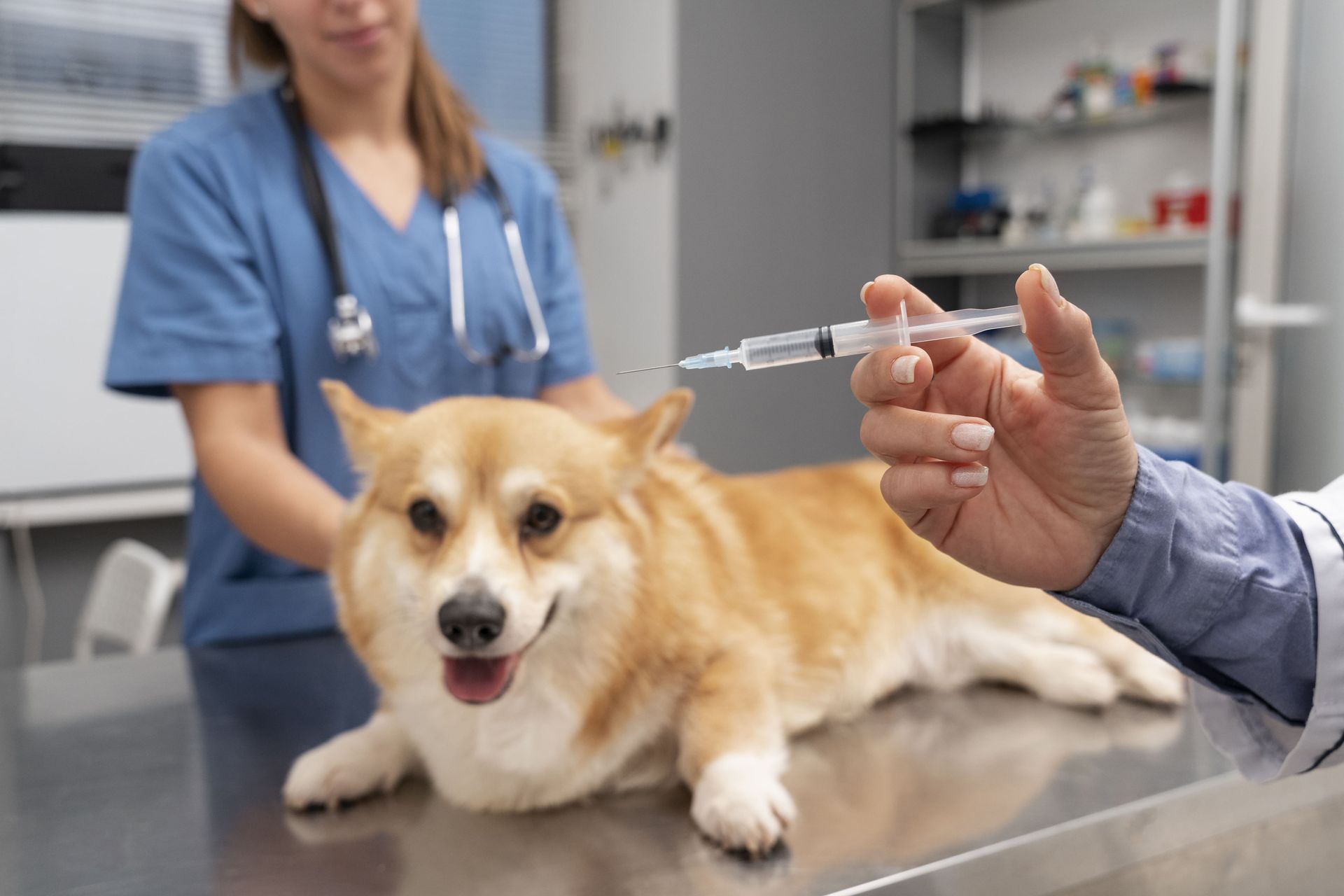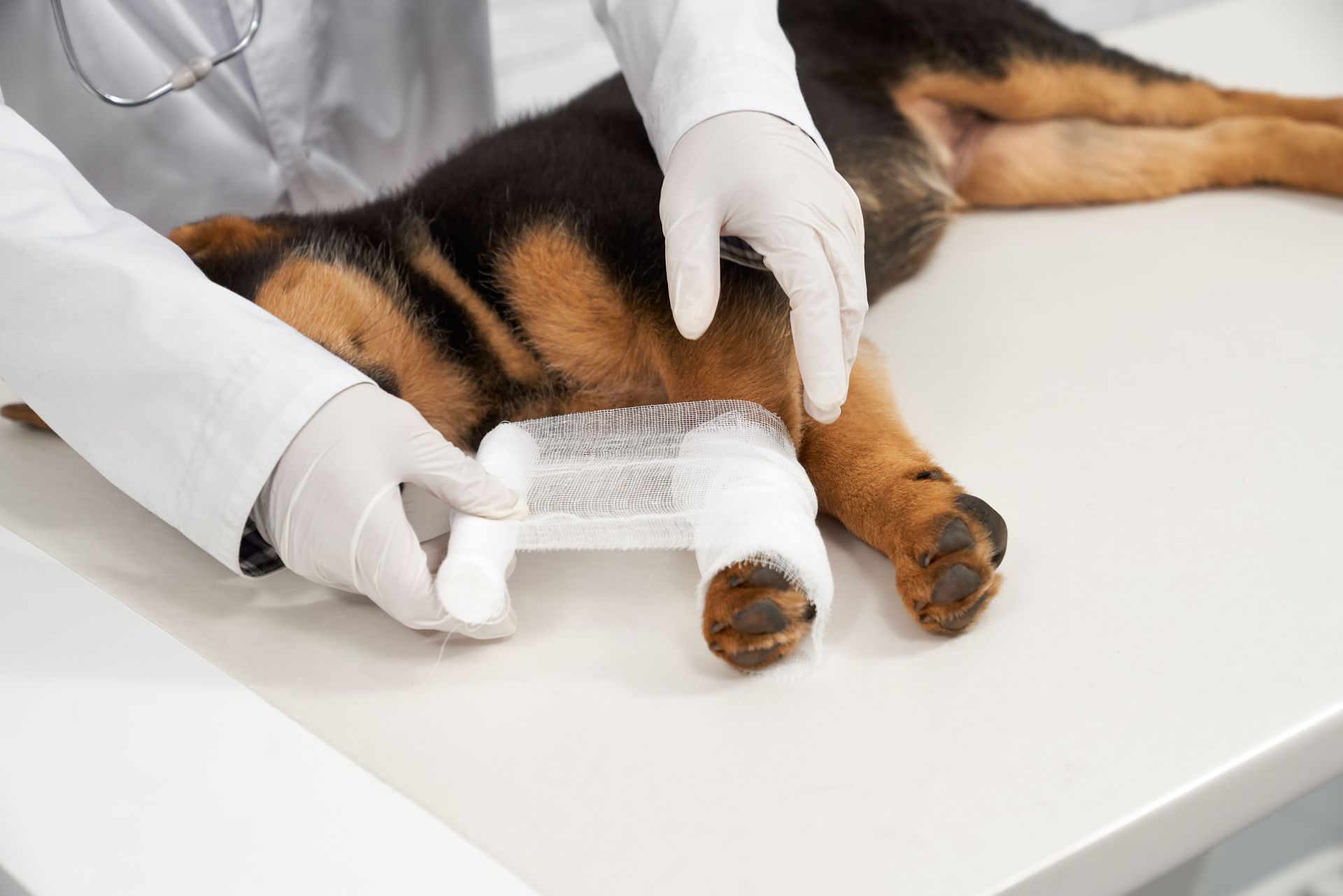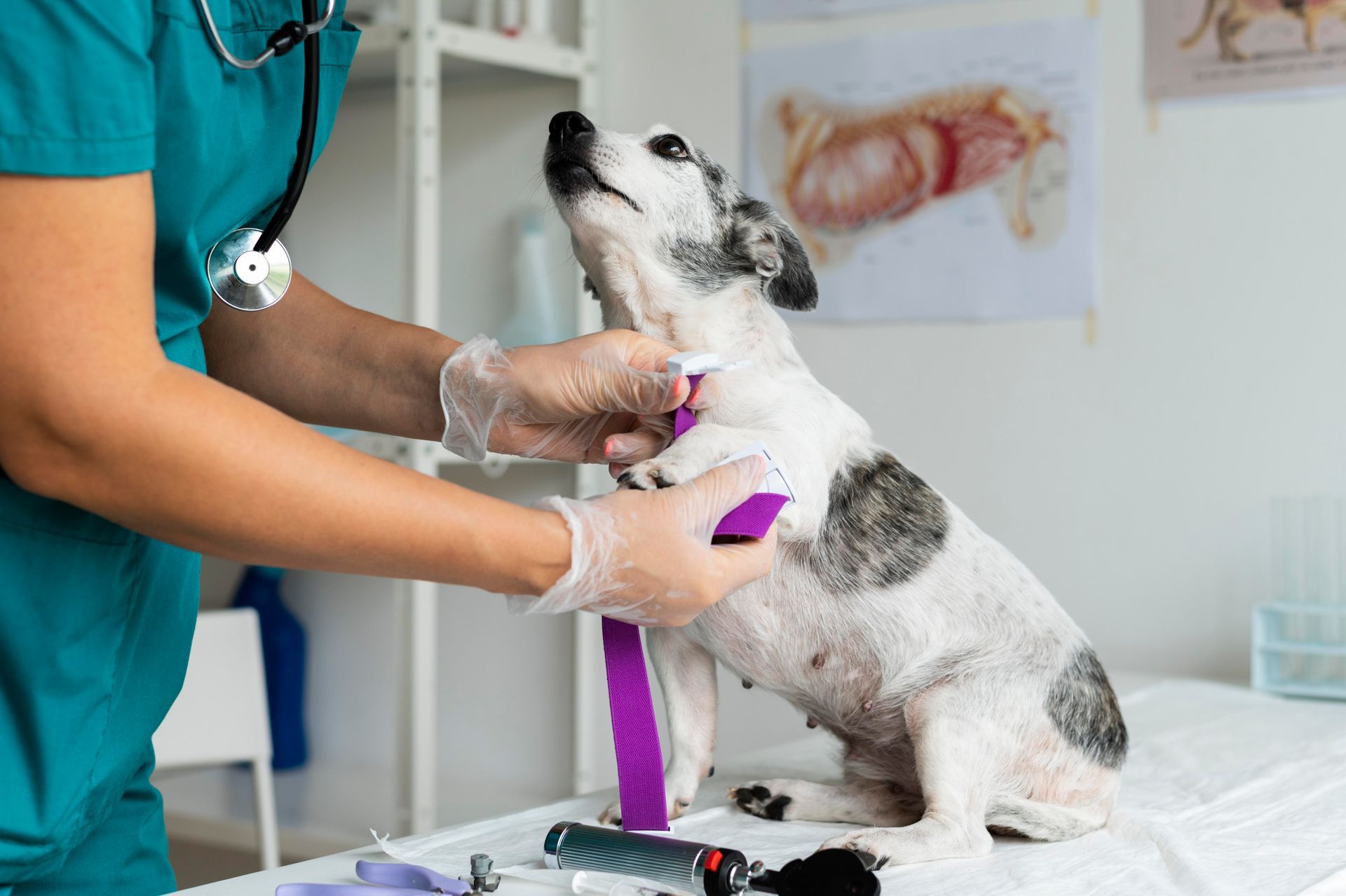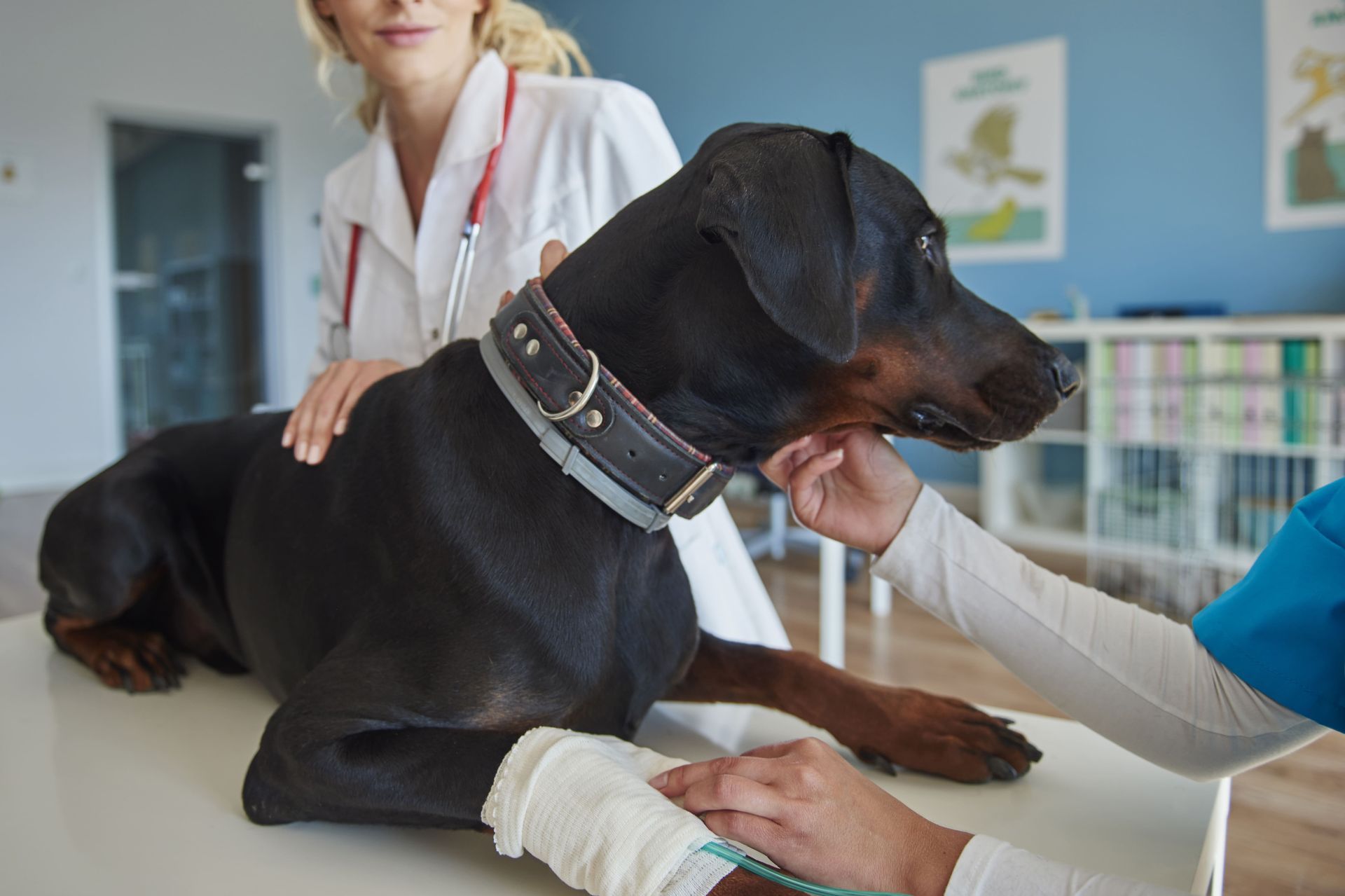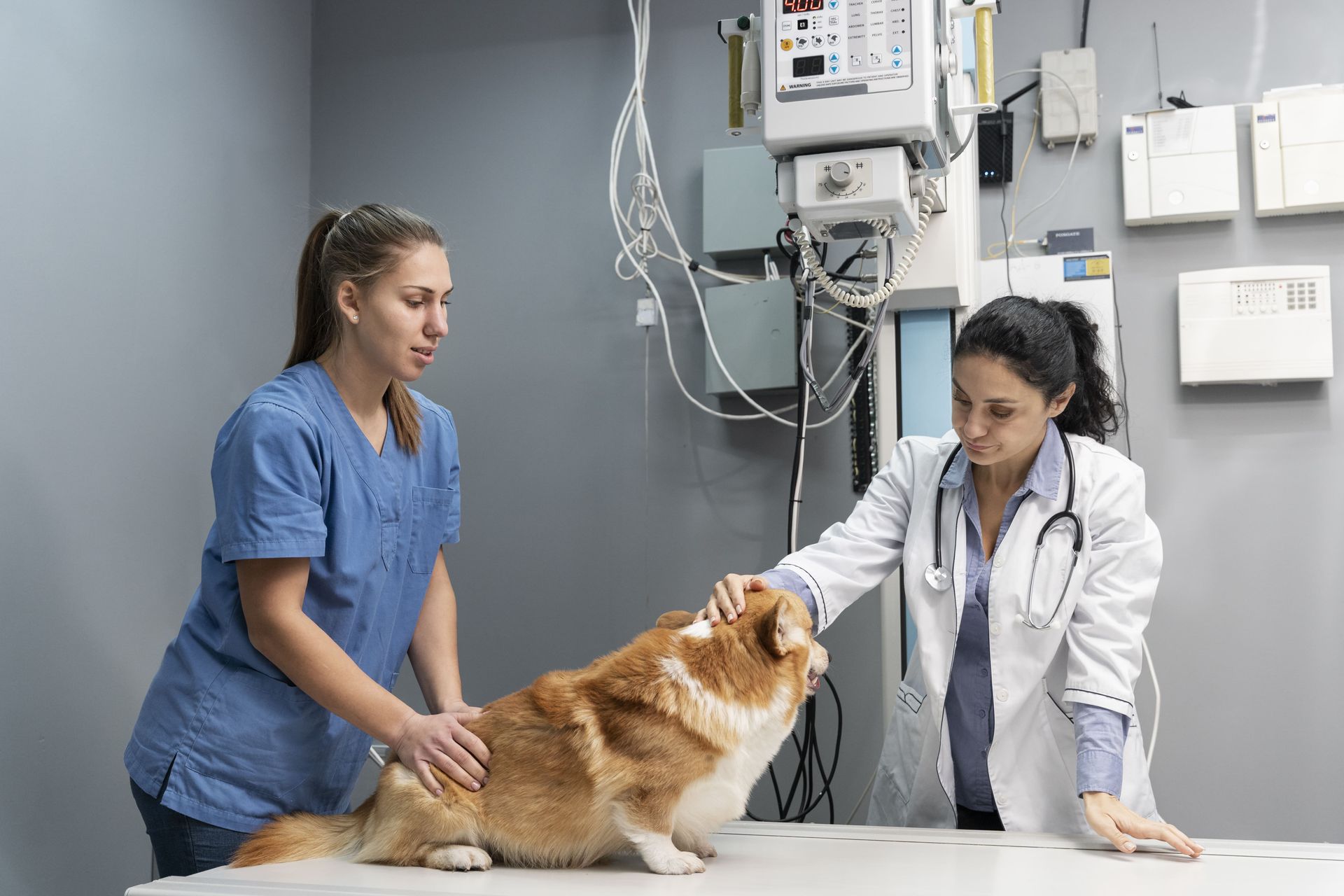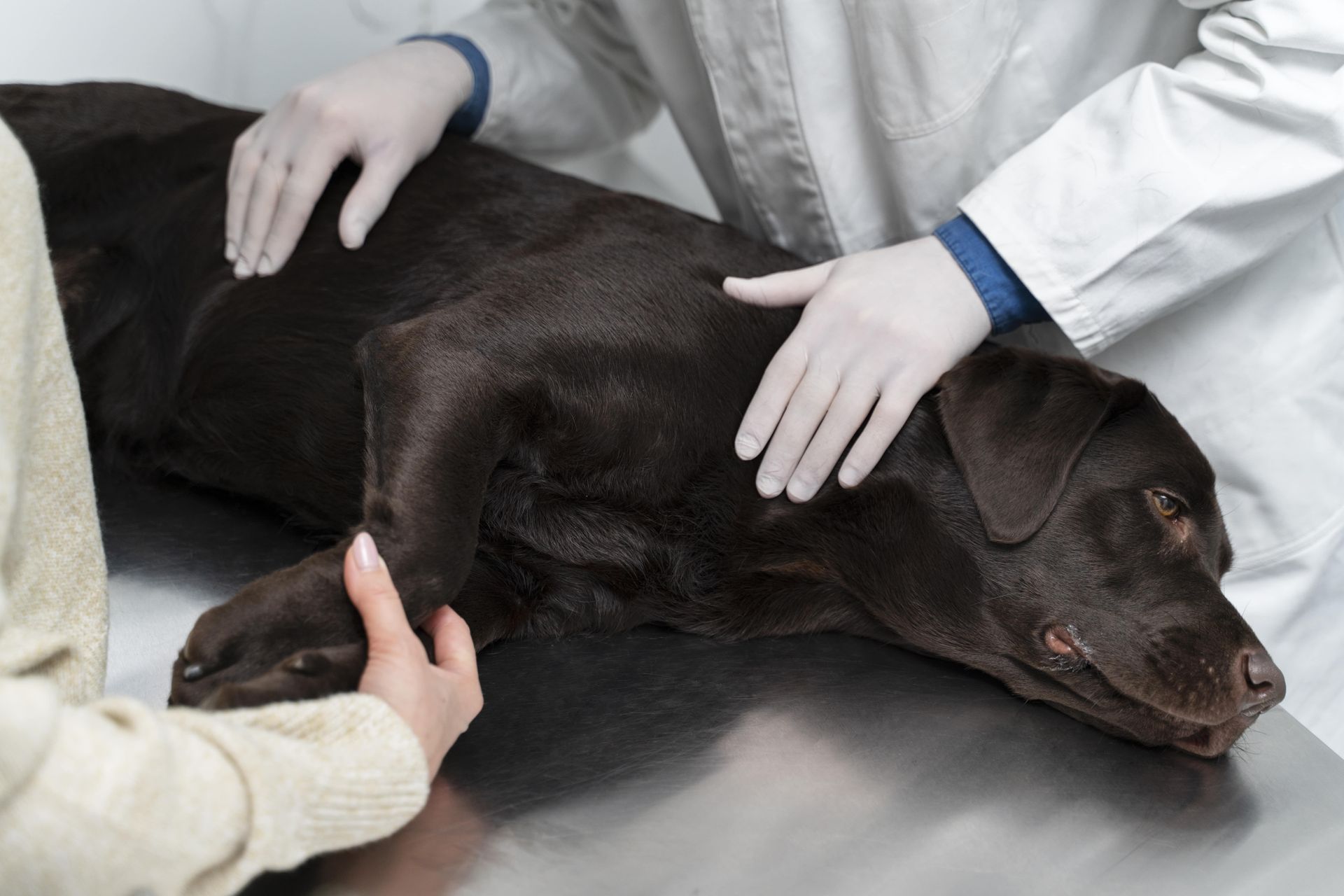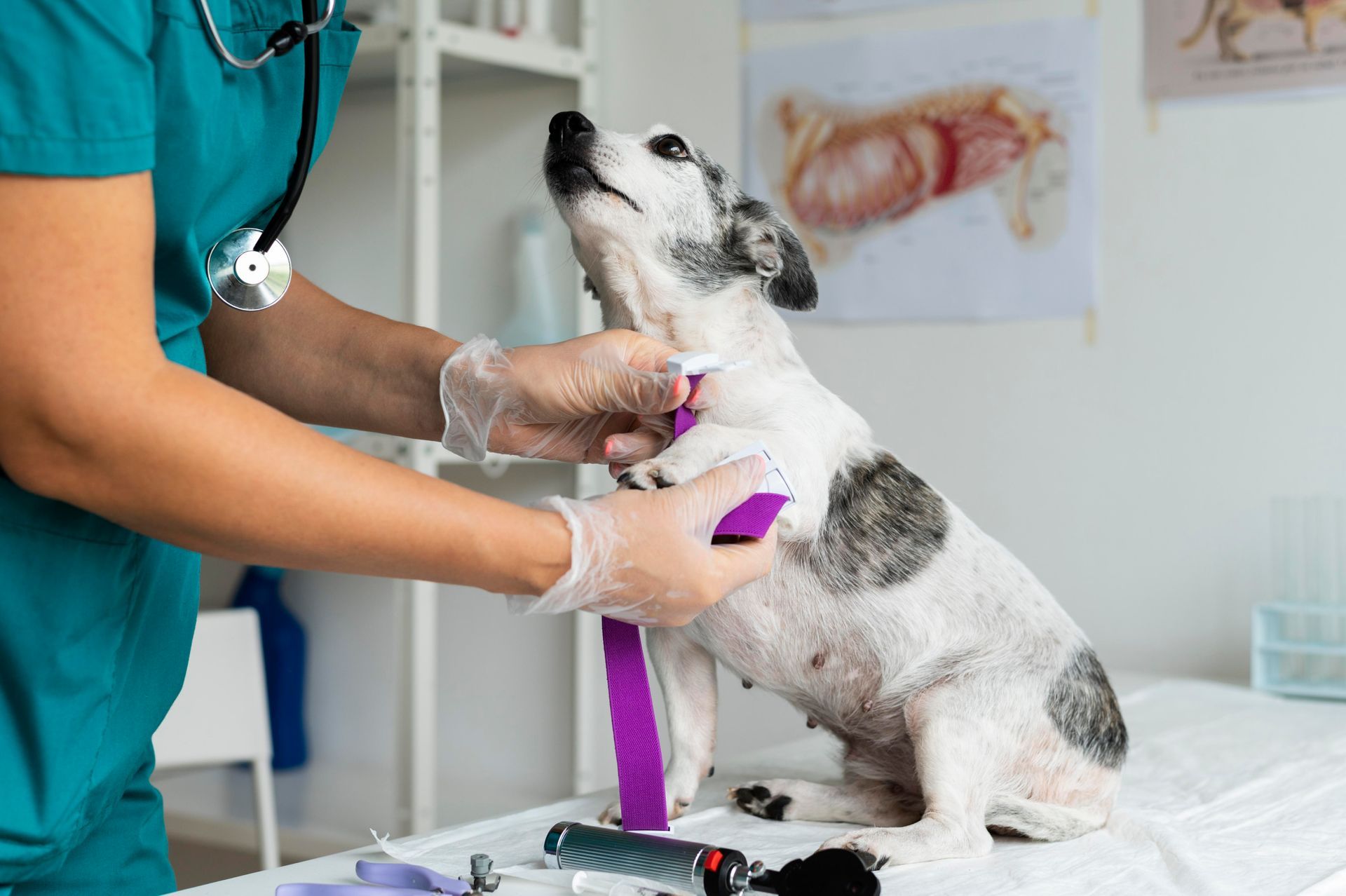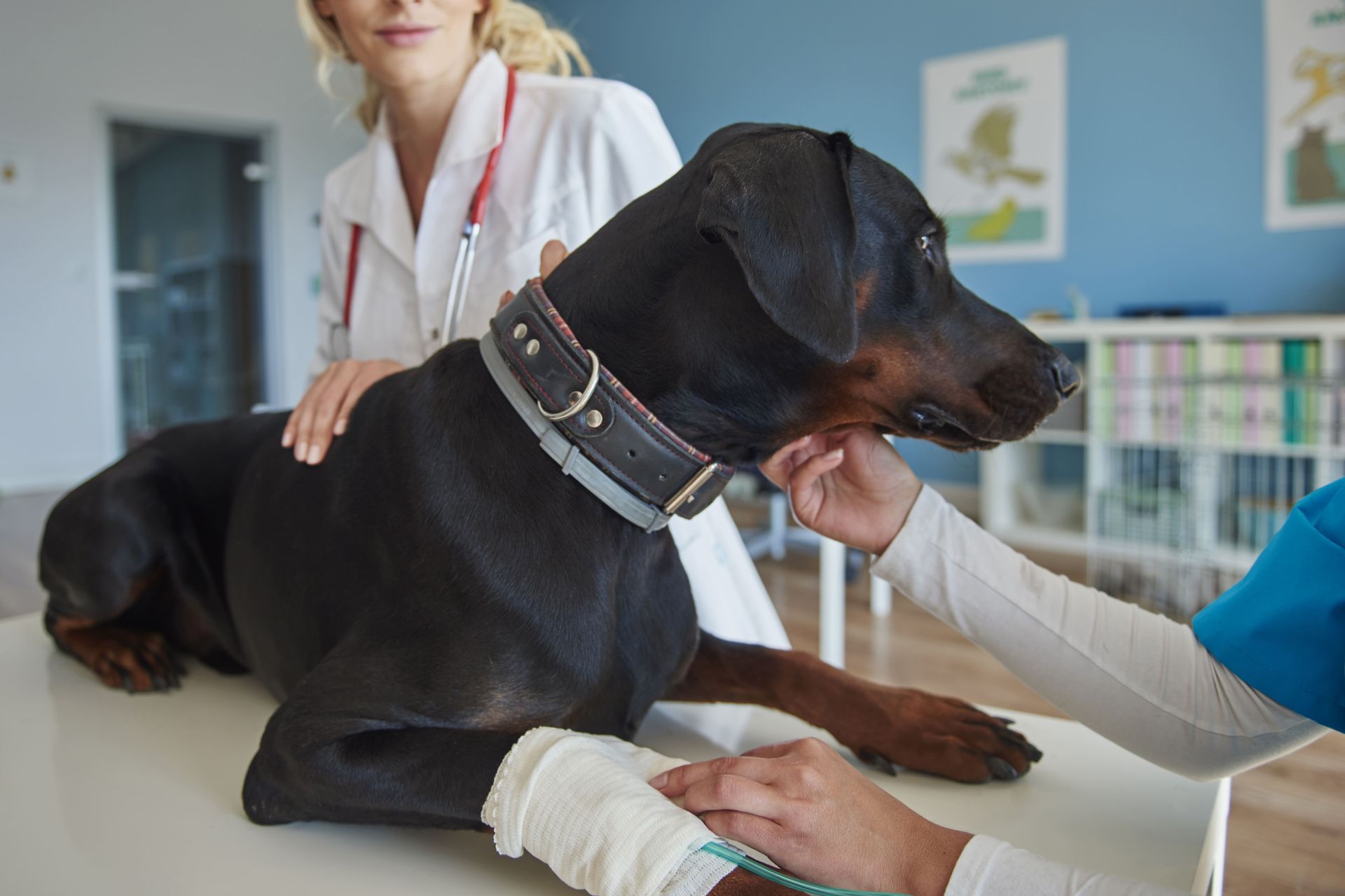7 Ways an Animal Hospital Can Help Keep Your Feline Happy & Healthy
When it comes to keeping your feline friend happy and healthy, an animal hospital can be an invaluable resource. From preventative care to
emergency services
, these dedicated facilities offer a plethora of services to ensure your cat receives top-notch care. In this listicle, we'll explore the many ways an animal hospital can support your furry companion's well-being.
1. Preventive Care for Health Maintenance
Preventive care is the cornerstone of a healthy life for your cat. Regular visits to an animal hospital for check-ups can help catch any potential health issues early, allowing for timely interventions and peace of mind. Early detection can be pivotal in managing or even curing health conditions, enhancing your feline's long-term well-being, and minimizing stress for both of you. The dedicated team at Lincoln Avenue Cat & Dog Hospital recommends yearly exams for most pets and more frequent visits for senior cats to track and treat issues before they escalate.
By committing to regular check-ups, you're not only ensuring that your cat stays healthy but also that any ailments are managed before they can become significant problems. These exams often include comprehensive health screenings covering everything from weight checks to internal health metrics, offering a holistic view of your cat's health and wellbeing. Consistent monitoring can prevent chronic illnesses and unexpected hospitalization costs, reinforcing the saying 'prevention is better than cure'.
2. Vaccinations to Shield Against Diseases
Vaccinations form the first line of defense against various infectious diseases that might severely affect your cat's health. An animal hospital ensures your cat receives the right vaccinations at the right time, guarding them against ailments such as Feline Leukemia, Rabies, and Distemper. By adhering to a well-structured vaccination schedule, a veterinary service provides not just protection but reassurance to pet owners who prioritize their cat's health.
Sticking to a vaccination schedule is integral not just for your cat's safety but also for safeguarding other pets your feline may come into contact with. Vaccinations significantly reduce the spread of contagious diseases within communities, ensuring a healthier environment for every pet. Moreover, vaccines can enhance the longevity of your cat's life by blocking diseases that could potentially shorten it. Engaging with your vet about necessary vaccinations forms one of the easiest yet most effective means of maintaining your cat's health. By being proactive, you're taking essential steps towards a happy, disease-free life for your beloved pet.
3. Nutritional Guidance Tailored for Your Cat
Every cat has unique dietary needs. The experts at an animal hospital can provide customized nutritional advice, helping you understand the best diet for your feline's specific health requirements, leading to better health and energy levels. From selecting the right blend of proteins and carbohydrates to managing weight through a balanced caloric intake, a personalized diet can work wonders for your cat's health. Ensuring they receive essential nutrients is key to supporting their immune system, promoting healthy skin and a glossy coat, and improving overall vitality.
Discussing your cat’s dietary needs with your veterinarian can provide crucial insights into foods that promote longevity and prevent dietary-related health issues. High-quality nutrients contribute to maintaining a robust immune system and can be pivotal in managing or preventing chronic conditions. For instance, tailoring a diet based on your feline's age, weight, and health status ensures that they are receiving just the right amount of nutrients without the risk of obesity or malnutrition. By relying on veterinary expertise, you can navigate the often overwhelming world of pet nutrition with ease and confidence.
4. Dental Care to Prevent Oral Issues
Oral health is often overlooked but vital for your cat's overall well-being. Regular dental check-ups at an animal hospital can prevent tooth decay and other oral diseases, ensuring your cat's mouth stays healthy and pain-free. According to the American Veterinary Dental Society, many pets show signs of oral disease by three years of age, emphasizing the importance of maintaining dental health. Routine cleanings can remove harmful plaque and prevent tartar buildup, safeguarding against issues such as gingivitis and periodontal disease.
Incorporating home care practices alongside professional check-ups can help maintain your cat's dental hygiene. Brushing their teeth regularly, using dental treats, and encouraging play with dental toys can significantly reduce the risk of oral diseases. Remember, preventative dental care is more than just a cosmetic concern; it’s integral to your cat’s comfort, feeding habits, and overall quality of life. Proper attention to oral health can delay or even negate the necessity of more invasive treatments, ensuring your feline enjoys its meals without any discomfort.
5. Grooming Services to Keep Them Comfortable
Proper grooming is crucial to prevent matting, hairballs, and skin conditions in cats. Many animal hospitals offer grooming services, keeping your feline well-maintained and comfortable in their fur. This not only plays a role in hygiene but also promotes health by reducing the risk of skin infections and other conditions caused by unkempt fur. Regular grooming helps in monitoring your cat's overall skin health, making it easier to spot potential problems early on, such as lumps or parasites.
Grooming isn't just about maintaining appearance; it serves multiple purposes, including enhancing your bonding time with your cat. Professional grooming services at an animal hospital offer expertise in handling cats of different temperaments, providing a stress-free experience for your feline. This thoughtful care can keep your pet comfortable and joyful, transforming grooming sessions into pleasurable experiences rather than battles of wills. Additionally, routine grooming can improve circulation and muscle tone, making it a cherished ritual for both you and your furry friend.
6. Emergency Care for Unexpected Situations
Accidents and illnesses can occur without warning. Animal hospitals are equipped to handle emergencies, providing rapid and effective treatment to ensure your cat receives the care they need when it matters most. Whether it's due to an unexpected injury or a sudden health event, knowing that your local animal hospital is capable of managing emergencies brings immense peace of mind. With a team of skilled veterinarians and state-of-the-art facilities, these hospitals are always on standby, ready to deliver immediate care and stabilize your pet's condition.
Having access to prompt and professional emergency services could mean the difference between a minor health scare and a major crisis. Quick interventions in emergencies can prevent complications and expedite recovery times, significantly reducing your cat's exposure to distress. Building a relationship with a trusted animal hospital ensures that even in the most unexpected scenarios, your feline companion receives the compassion and care they deserve. This kind of reliable support is invaluable, turning nerve-wracking situations into manageable experiences with proper attention and follow-through.
7. Behavioral Consultations for a Harmonious Home
Sometimes, behavioral issues can arise in cats that require professional attention. An animal hospital can offer behavioral consultations, helping to address and manage issues to create a peaceful and happy home environment. Behavioral changes may be signs of underlying health issues or stress, and addressing these promptly can prevent escalation. With expert guidance, pet owners can learn strategies to improve their feline's behavior, ensuring that their home remains a peaceful sanctuary for both family members and furry friends.
Professional consultations can reveal the root causes of disturbances, be it medical conditions, environmental stressors, or a lack of stimuli. Whether it’s aggressiveness, excessive vocalization, or inappropriate elimination, animal hospitals have the expertise to diagnose and provide treatment plans tailored to your cat's needs. Creating a stimulating yet calming living environment through structured activities, training, and modifications can alleviate anxiety and promote a balanced and affectionate pet. This specialized insight into feline behavior is vital in maintaining harmonious relationships and ensuring a nurturing home.
Conclusion: Why an Animal Hospital Is a Lifelong Ally for Your Cat
Your cat is more than just a pet—they’re family. And just like any family member, they deserve attentive, expert care throughout their life. From the first kitten check-up to senior support and everything in between, an animal hospital plays a crucial role in your cat’s health journey.
Each visit reinforces the bond you share, offering proactive care that keeps your feline vibrant, pain-free, and emotionally balanced. Whether you're scheduling routine exams, reacting to a sudden illness, or seeking help with behavioral changes, having a
trusted animal hospital
by your side makes all the difference.
So don’t wait for health scares to prioritize care. Make that appointment today—because when it comes to love, loyalty, and purring companionship, your cat deserves the best.
FAQs
Q-1. How often should I take my cat to an animal hospital for check-ups?
Ans: Most veterinarians recommend annual check-ups, but senior cats or those with chronic issues may require more frequent visits.
Q-2. Are grooming services at an animal hospital better than those at pet salons?
Ans: Yes, grooming at an animal hospital is often safer and more tailored to health needs, especially if your cat has skin conditions or behavioral sensitivities.
Q-3. What signs indicate a cat needs emergency care at an animal hospital?
Ans: Sudden lethargy, vomiting, difficulty breathing, unresponsiveness, or visible injuries should prompt an immediate visit to an emergency-equipped animal hospital.
Q-4. Can behavioral problems in cats be treated without medication?
Ans: Absolutely. Many behavioral issues are resolved through environmental adjustments, enrichment strategies, and training, all guided by expert consultations at an animal hospital.
